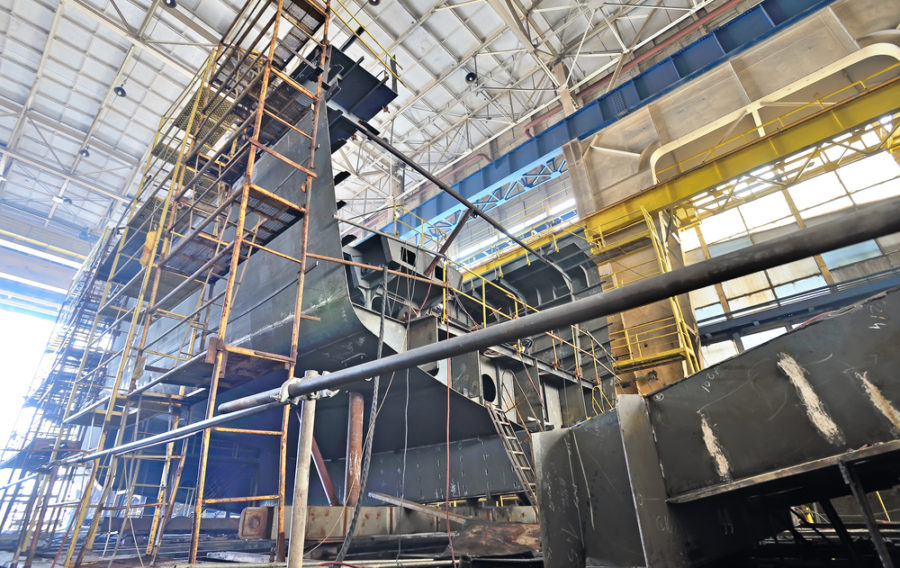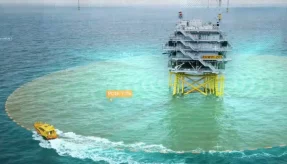
A recent study commissioned by the EDA has shown that exports are booming for EU manufacturers of military vessels and submarines. Despite difficult conditions in a turbulent global naval market, where exports from Chinese, Russian and South Korean shipyards are growing, the quality of European manufacturing helps to keep its position as a highly competitive market.
The EDA-commissioned “Study on Industrial and Technological Competences in the Naval Sector”, carried out by a consortium in 2015 and early 2016, showed that the industry should not rest on its laurels of having a technological edge, and should invest in research and technology in order to maintain its position in the future.
The study shows that European naval industries are very strong in their respective domestic European markets – but also in international markets such as the Middle East, Africa, Asia and Latin America, where no meaningful naval industry, yet growing defence budgets, exist.
A growing export market (some 42% of European order book value) has been formed over the last number of years, with European defence budgets declining, though the latest trend of a reversal in spending should also help cement the industry.
The study praised the European naval industry’s ability to manufacture ships from the ground up, with systems, components, design and production all developed within the continent.
Considering the complexity and sophistication of the products designed and built by these companies, they can be regarded as ‘system integrators’, dismissing once forever the old image of shipbuilders as mere assemblers of steel blocks”, it says.
The supply chain within Europe is another added bonus to the industry, with alternative suppliers and replacement options available for all components, as well as inbuilt diversification throughout all maritime industry players. High end yachts, merchant ships and related maritime activities, such as offshore and marine renewable energies, all lead to a robust industry.
“This diversification strategy has created a favourable cross-fertilization between civil and military technologies (dual-use technologies), both at the Prime Contractors and at the Supply-Chain levels, leading to cost-effective designs and solutions”, the study says.
The study’s overall conclusion could hardly be more encouraging: “The European Naval Industrial Base today is made up of healthy, capable, diversified and successful export-oriented companies”.
The study does warn though, that the industry needs to maintain Europe’s technological lead in research and development, across the full supply chain, “through increased, more supported, more coordinated and more focused investments in Research, Development and Innovation (RDI) at national and European level”.
What is deemed essential to maintain and increase the industry is better intra-EU cooperation in the naval defence and security domain, with the establishment of a dedicated area for naval related research within the next multi-annual Framework for Research, Development and Innovation starting in 2021.
Key roles within this will be the European Commission’s upcoming Preparatory Action (PA) on defence-related research and the Defence Action to increase the resources devoted to defence research activities, including in the naval domain, the study concludes. “Here, a distinct role of overall coordinator is foreseen and advocated for the EDA”, it says.
A list of technologies has been identified by the study, which are considered of “primary importance” both to maintain the European competitiveness and technological lead and to ensure the required level of operational superiority. These include surface technologies topics (virtual ships, simulation, maintenance, oceanography, environmental protection, supply & support), subsea technologies (hydrodynamics and UxV integration, modularity, UxV integration, vulnerability reduction, propulsor) as well as services and transversal technologies (uninhabited systems, propulsor & propellers).
New R&T topics to be focused on in the future are 3D printing, high capacity batteries, augmented reality and drones.
If you would like to join our community and read more articles like this then please click here
EDA Europe industry Innovation manufacturing maritime prime contractors Research SMEs supply chain technology UK








